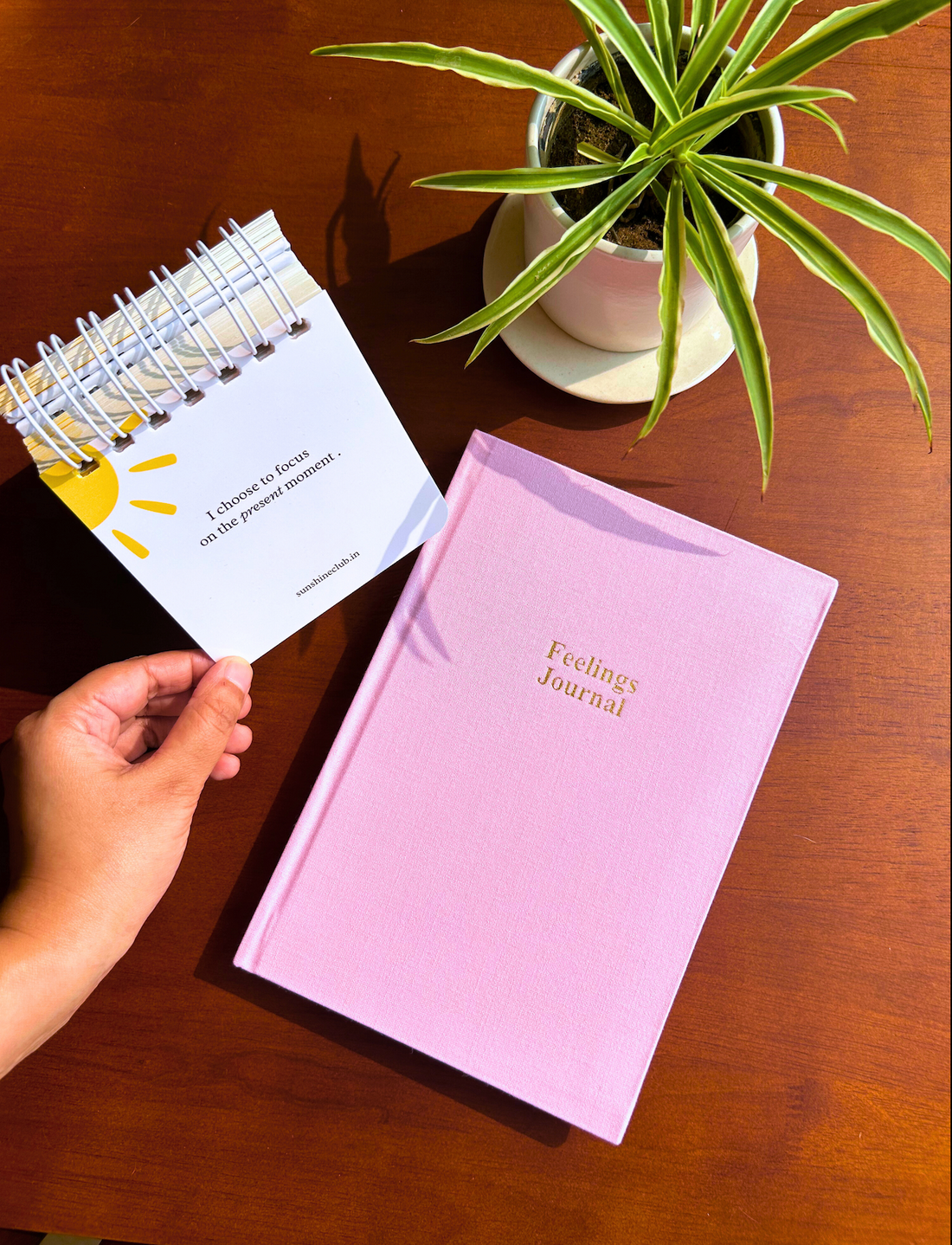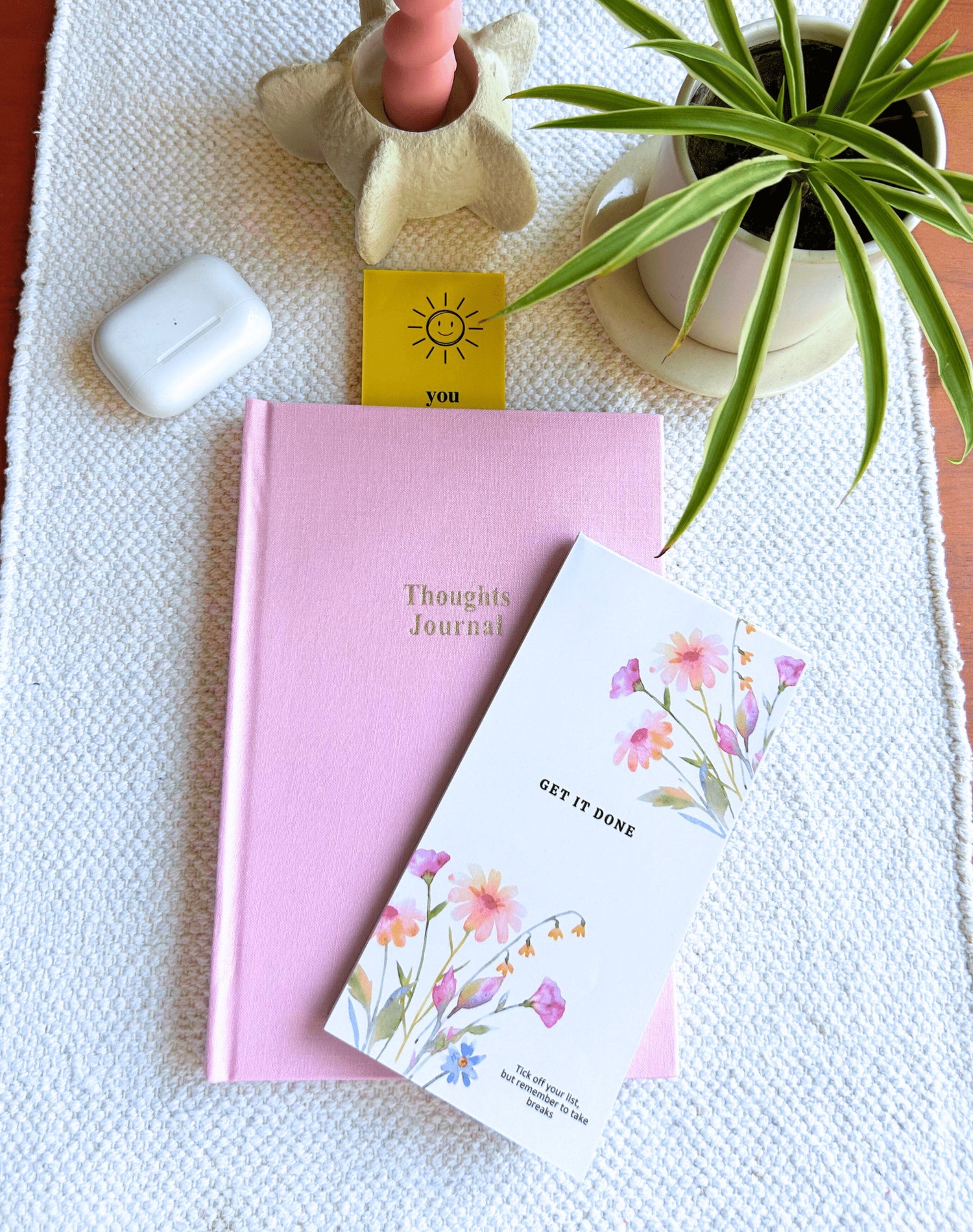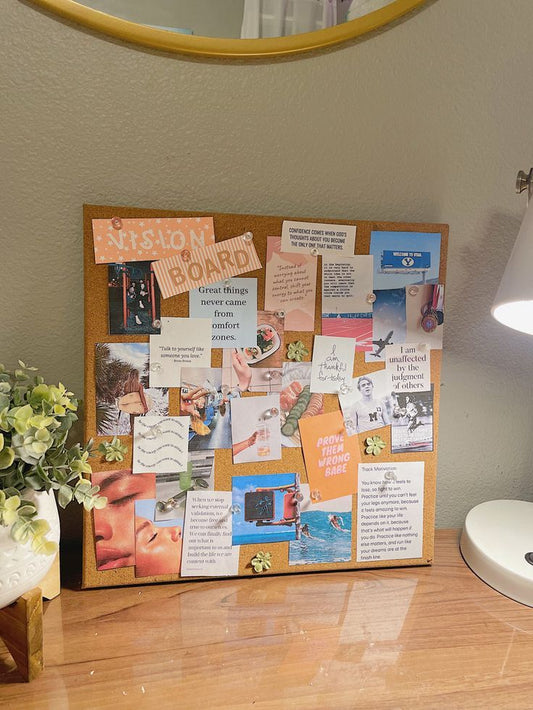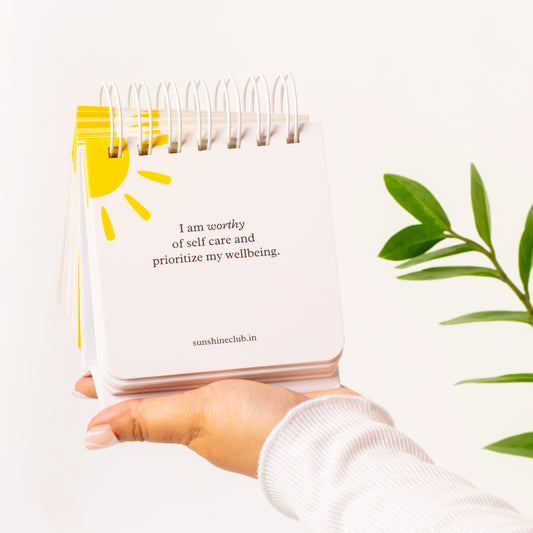
5 Journaling techniques for self-discovery and personal growth
Share
Journaling is a powerful practice that allows us to explore our inner thoughts, process emotions, and gain clarity about our lives. It serves as a window into our deeper selves, offering opportunities for self-discovery and personal growth. By reflecting on our experiences and expressing our feelings, we can better understand who we are and what we want from life. Whether you’re new to journaling or looking to deepen your practice, here are five effective journaling techniques that can help you on your journey of self-discovery and growth.
1. Stream of Consciousness WritingStream of consciousness writing, also known as free writing, is a journaling technique that involves writing down whatever comes to mind without worrying about grammar, punctuation, or structure. The goal is to let your thoughts flow freely, capturing your innermost feelings and ideas without filtering or judging them. This technique helps you access deeper layers of your mind and can reveal thoughts and emotions that you may not be fully aware of.
To try this method, set a timer for 5 to 10 minutes, pick up your pen, and start writing continuously until the timer goes off. Don’t stop to edit or correct your writing—just keep the words flowing. This practice can be especially helpful when you’re feeling stuck, overwhelmed, or unsure of what’s bothering you. As you continue to write, you might find that hidden thoughts and insights come to the surface, offering new perspectives and clarity.
Benefits: Stream of consciousness writing can help release pent-up emotions, uncover hidden desires or fears, and clarify what’s truly on your mind. It’s a great way to check in with yourself and let go of mental clutter, making space for deeper self-awareness.
2. Gratitude Journaling
Gratitude journaling focuses on reflecting on the positive aspects of your life and expressing appreciation for them. This practice encourages you to shift your focus from what’s lacking to what’s abundant, fostering a more positive mindset. By regularly identifying things you’re grateful for, you train your brain to notice the good in your life, which can increase feelings of contentment and happiness.
To practice gratitude journaling, set aside a few minutes each day to write down three to five things you’re grateful for. These can be big things like supportive friends or small moments like a warm cup of coffee in the morning. The key is to focus on the feeling of gratitude as you write. You might also take time to reflect on why you’re grateful for each item and how it has positively impacted your life.
Benefits: Gratitude journaling can help boost your mood, reduce stress, and improve your overall outlook on life. It’s a simple yet effective way to cultivate a habit of positivity, which can lead to greater emotional resilience and a more optimistic view of your circumstances.
3. Prompt-Based Journaling
Prompt-based journaling involves using specific questions or prompts to guide your writing. This technique is particularly useful when you’re struggling with where to start or when you want to explore a specific area of your life in more depth. Prompts can help you reflect on your values, relationships, goals, and personal experiences, guiding you toward new insights.
Here are a few examples of journaling prompts for self-discovery:
- “What are three things that make me feel alive?”
- “What does my ideal life look like in five years?”
- “When do I feel most like myself?”
- “What is one limiting belief I want to let go of?”
To use this method, select a prompt that resonates with you and spend 10 to 15 minutes writing about it. Don’t worry about making your responses perfect—focus on being honest with yourself and exploring your thoughts deeply.
Benefits: Prompt-based journaling helps you explore specific areas of your life that you might otherwise overlook. It’s a targeted way to dive into deeper questions and gain a better understanding of your values, dreams, and challenges.
4. Mind Mapping Journaling
Mind mapping is a visual journaling technique that allows you to explore your thoughts in a non-linear way. This method is ideal for those who are more visually oriented or who want to explore complex topics. A mind map starts with a central idea or question written in the center of the page, with related thoughts and ideas branching out from it like a web.
To create a mind map, choose a topic or question you want to explore—such as “What makes me happy?” or “My life goals”—and write it in the center of the page. Draw lines outward from the central idea, writing down any related thoughts or insights that come to mind. As you continue to branch out, you may find connections between ideas that lead to new realizations.
Benefits: Mind mapping helps you visualize your thoughts and see connections between different aspects of your life. It’s a great tool for brainstorming, planning, and gaining clarity on complex topics, making it easier to see the bigger picture of your personal growth journey.
5. Reflective Journaling
Reflective journaling involves looking back on your experiences and analyzing what you’ve learned from them. This technique is about more than just recording events—it’s about understanding how those experiences have shaped you and what insights you can take forward. Reflective journaling can be especially valuable during times of transition, such as after a big decision, a challenging period, or a meaningful accomplishment.
To practice reflective journaling, choose an experience or recent event and ask yourself questions like:
- “What did I learn from this experience?”
- “How did I grow as a result of this challenge?”
- “What would I do differently next time?”
Write down your thoughts and observations, focusing on what the experience taught you and how it has influenced your perspective. This kind of deep reflection can help you recognize patterns in your behavior and emotions, leading to greater self-awareness and personal development.
Benefits: Reflective journaling encourages you to learn from your past experiences, helping you make more conscious choices in the future. It’s a powerful way to gain insight into your growth over time and to see how far you’ve come on your journey.
Journaling is more than just a hobby—it’s a tool for self-exploration and transformation. By using techniques like stream of consciousness writing, gratitude journaling, prompt-based journaling, mind mapping, and reflective journaling, you can create a practice that helps you connect with yourself on a deeper level. Each method offers a unique approach to exploring your inner world, allowing you to gain clarity, release emotions, and understand yourself better.








